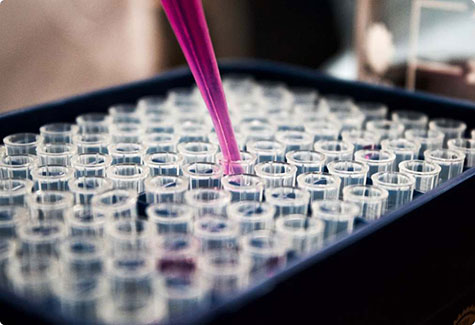EURO-PERISCOPE
The European Platform for Research Outcomes after PerIoperative Interventions in Surgery for Cancer Research Group (Euro-Periscope): The Onco-Anaesthesiology Research Group (RG)
Chair: Daniela Ionescu (Iuliu Hatieganu University of Medicine and Pharmacy, Cluj, Romania).
Vice-Chair: Oscar Cambronero Diaz (Hospital Universitari i Politècnic la Fe, Valencia, Spain).
Background
This network emerged from EU-COST Action 15204 (2016-2021) of the same name, EURO-PERISCOPE. This was an EU-funded network of doctors, mainly but not exclusively anaesthesiologists and also surgeons, nurses and scientists, actively engaged in perioperative care of the cancer patient. It was Chaired and instigated by Donal Buggy (Mater University Hospital, Dublin, Ireland). It focused on the research question: ‘Can anaesthetic, analgesic or perioperative interventions during tumour resection surgery influence risk of recurrence?” This collaborative network involved >120 participants in 22 European and near neighbour nations. The activities of the EU COST Action were halted in the final year of its term due to the Coronavirus pandemic. ESAIC Euro-Periscope RG will take over where the EU network ended, at least for the anaesthesiologists and affiliated scientists.
Objectives
The objectives of ESAIC Euro-Periscope RG are:
- To advocate that perioperative care of cancer patients is becoming increasingly common and specialised, meriting specific fellowship training and status as a recognised sub-specialty within anaesthesiology;
- To promote and lead research and quality improvement initiatives in perioperative management of cancer patients, focused not only on improving long term oncologic outcomes, but also on short term outcomes (e.g. QoR-15 scores, Days at Home at 30 days, reduced 30-day complications) that may also enhance longer term overall outcomes.
- To ensure a substantial European contribution to the definitive, global VAPOR-C RCT. This is led by Co-PIs Bernhard Riedel (Melbourne), Donal Buggy (Dublin) and Dan Sessler (Cleveland).
- To contribute to the ESA CTN observational study of colorectal cancer patients, ENCORE, led by Max Bell at the Karolinska Institut, Stockholm.
VAPOR- C Study design
VAPOR-C is an international multi-center, prospective randomized 2×2 factorial design trial with the aim to include almost 5,900 patients in total testing two hypotheses among patients undergoing surgery of curative intent with colorectal or non small cell lung tumours.
Primary Objectives
- Propofol TIVA increases Disease Free Survival compared with volatile sevoflurane anaesthesia;
- Lidocaine perioperatively (bolus + continuous infusion until discharged from PACU) increases Disease Free Survival compared with patients not receiving any lidocaine.
Secondary Objectives
To compare propofol-TIVA versus sevoflurane in regards to:
- Days at Home at 30 days
- Overall Survival
- Post-operative complications
- Functional capacity
- Clinical frailty
- Acute postoperative pain (postoperative day 1-3)
Inclusion criteria
- Male or female patients aged 18 years or older at screening
- Has provided written informed consent for the trial
- Patient with AJCC 8th edition Stage I-III colorectal cancer or Stage I-IIIa NSCLC, as confirmed by histological or cytological diagnosis.
Exclusion criteria
- Allergy to any of the anaesthetic drugs or techniques
- Known existing metastasis
Patients will be followed up every 6 months post-surgery until the close-out date.
ENCORE
A prospective observational study sponsored by ESAIC.
Aiming for 10,000 Stage I-III colorectal cancer patients undergoing surgery of curative intent.
Primary Objectives:
- To observe the effect of anaesthetic technique on:
- Short term: time to start of adjuvant chemotherapy in patients planned for RIOT
- Long term: Time to recurrence (TTR) at 2 years (± 1 month)
Secondary Objectives:
- 30-day postoperative morbidity
- Length of hospital stay and Days at home at 30 days (DAH-30)
- Adverse events related to oncological treatment (chemotherapy, radiotherapy)
- 1-year mortality
Inclusion Criteria:
- Age > 18 years
- ASA I-III
- Scheduled for elective (planned) colorectal cancer surgery for stage I-III (open or laparoscopic)
- Signed written informed consent when requested by the local Ethics committee
Exclusion Criteria:
- Uncontrolled renal or liver disease, restrictive (limiting mobility) heart failure or ischemic heart disease (ASA IV-V)
- Speech, language or cognitive difficulties precluding signing informed consent to participate
- Stage IV colo-rectal cancer






